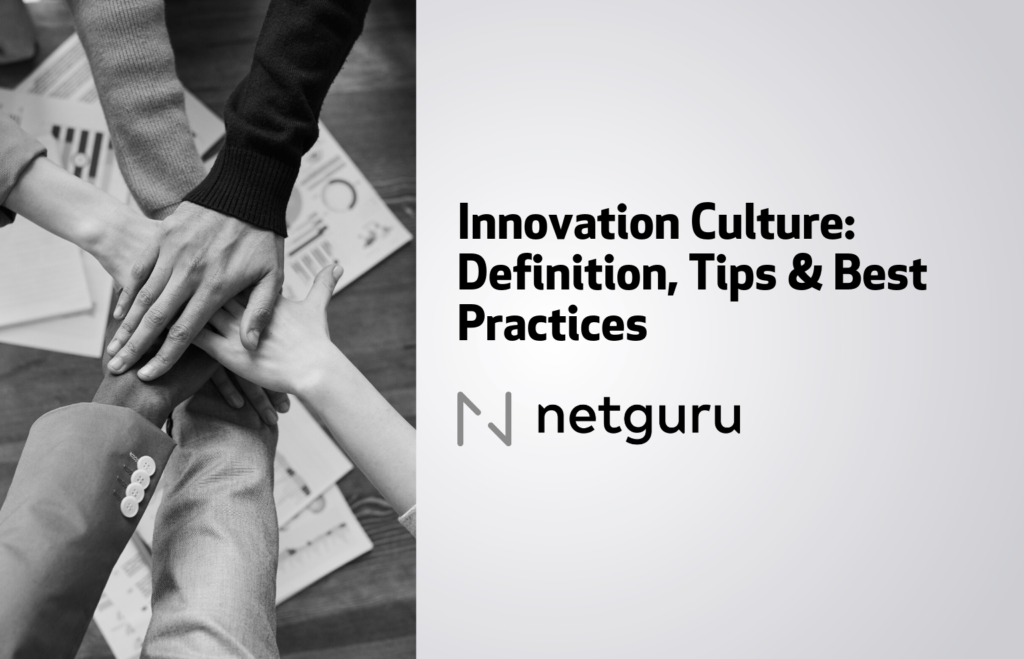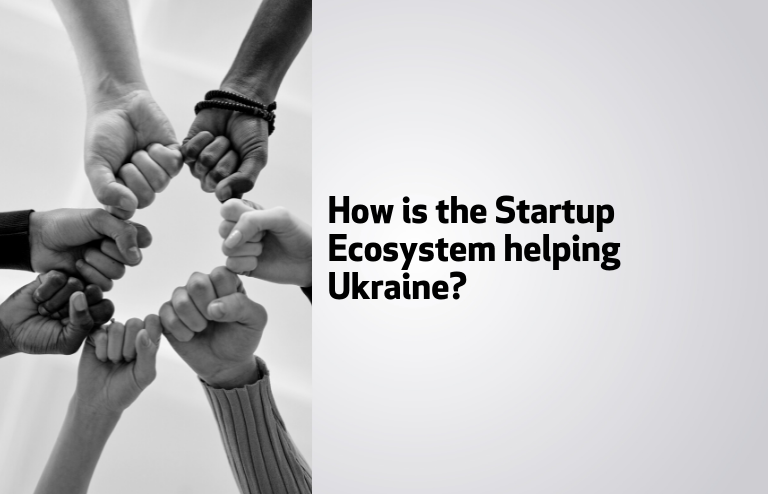For young entrepreneurs, setting up their own business activity is often connected with making essential decisions and incurring important costs. Start-ups often consider the expenses on intellectual and industrial property protection unnecessary. However, as it is emphasized by the experts – Anna Piechówka, Attorney at Hasik Rheims & Partners and Adam Pawłowski, Patent Attorney at EUPATENT.PL – having appropriate legal protection may result in higher valuation by a potential investor.
Why is the protection of appropriate intellectual property rights so important for the activity of technological start-ups already at the early stage of their development?
Adam Pawłowski: The principle of official industrial property protection consists in the novelty of this solution on a global scale. It is advisable to visit the patent office first and to make the solution public only later. Making the information public consists in sharing such information concerning a given solution which enables at least one person from the outside to get familiar with it. This is of particular importance in connection with talks with potential investors which are not conducted basing on confidentiality agreement. In such case, disclosing the information relating to the solution, necessary from the perspective of the talks, may later be considered as making it public, which will interfere with obtaining the protection or will make it invalid. Applying for intellectual property right is thus a way to protect the idea against being copied on the early stage. What is more, such application results in the necessity to regulate property rights in the company. It gives the investor higher investment security when the start-up has concrete rights and know-how which can be found not only in the heads of its employees, who can leave a given company at any moment.
Anna Piechówka: Intellectual property is the source of competitive advantage. It is of course impossible to get full protection of the idea itself, but for example trademark registration or obtaining a patent ensures the security for some time. What is more, investors often expect start-ups to protect themselves. A technological start-up whose property is not protected, does not hold registered patents or patent applications, wouldn’t be worth much. Protection rights may also constitute a way to get profit, e.g. through licensing intellectual property.
How can beginner entrepreneurs protect their intellectual property? Which forms of protection are the most beneficial for start-ups?
Anna Piechówka: It all depends on which intellectual property is the most valuable in the company. In the majority of cases, this will be an invention, industrial design or utility model. Trademark registration is recommended when the start-up intends to commercialize the solution under their own brand. In turn, when the entrepreneurs want the product to function under a different brand, it is worth to consider technological issues or copyright. At the initial stage of business activity it is a good idea to audit intellectual property or consult these issues with an expert – especially when it is difficult to specify the subject of protection.
Adam Pawłowski: It is also worth considering whether in the future, it will be possible to report the infringement of patent or utility model, which may turn out to be particularly difficult in the field of technology. When searching for the information on protection subject in a given sector, it is advisable to analyse patent applications – whether they are submitted at all, in which countries and what they include. It is thus possible to adjust our activities to market trends, which facilitates the search for investors.
What may constitute the subject of intellectual property protection in a technological start-up and what is excluded from this right?
Anna Piechówka: In general, intellectual property follows the rule that these are not ideas themselves which are subject to protection, but the ways of their expression. When it comes to software, it is for example the recording method, source code and not the idea for the application itself.
Adam Pawłowski: In industrial property rights, protection is granted for solutions of a technical character, while different technologies may be to a different extent protected by other offices. For example, obtaining protection for software in Polish patent office is impossible, but it can be easily obtained in a European or American office when the software is connected with technology. As far as exclusions from protection are concerned, they refer in particular to those solutions which are not technical, but can be described as abstract, e.g. business or marketing services. In this case, brand protection can be based on trademark protection.
Do legal methods of intellectual property protection have any disadvantages? How can we prevent them?
Adam Pawłowski: The most important disadvantage of a patent consists in the necessity to reveal the details of invention in order to enable the expert in a given field to implement it. Another big disadvantage is constituted by the costs, especially of foreign protection; however, it is worth to apply for it as it has positive influence on pricing. On the other hand, high patent costs are spread over the years, it is possible to forecast them and include in subsequent investment stages.
Anna Piechówka: The aspects of cost and territory for sure constitute here important disadvantages. At the early stage of activity it is a good idea to invest in most necessary solutions as well as to choose the territory for which we want to obtain protection. For example, a trademark can be protected in Poland, in Europe or in subsequent countries. It is connected with higher cost, but also with preventing the risk when a foreign follower starts using the same mark – in such case it is very difficult to regain it.
What mistakes are made by start-ups in the field of intellectual property or patent protection? How to avoid them?
Anna Piechówka: A frequent mistake, made in particular by software start-ups, consists in using free GPL-type software. According to license conditions for such software, the developed program may have to be subject to sharing. In this case everyone would have the possibility to share program source code, which excludes the possibility to benefit from software protection. For this reason it is so important to read license conditions and provisions carefully. It is also necessary to remember that proprietary copyrights are automatically transferred only under employment contracts. In other situations it is necessary to take their transfer into account for the ordering party to have the right to programmers’ work. For the protection of know-how, necessary security measures include appropriate confidentiality agreements not only with co-workers, but also with partners and customers. Start-ups often do not take intellectual property under consideration, do not perform the analysis or introduce protection strategy which would enable them to minimize the danger resulting from undesired use.
Adam Pawłowski: Even when the start-up does not succeed, industrial property rights remain protected. In this way, they become an asset which may last longer than the start-up itself and may be transferred to other enterprises.







